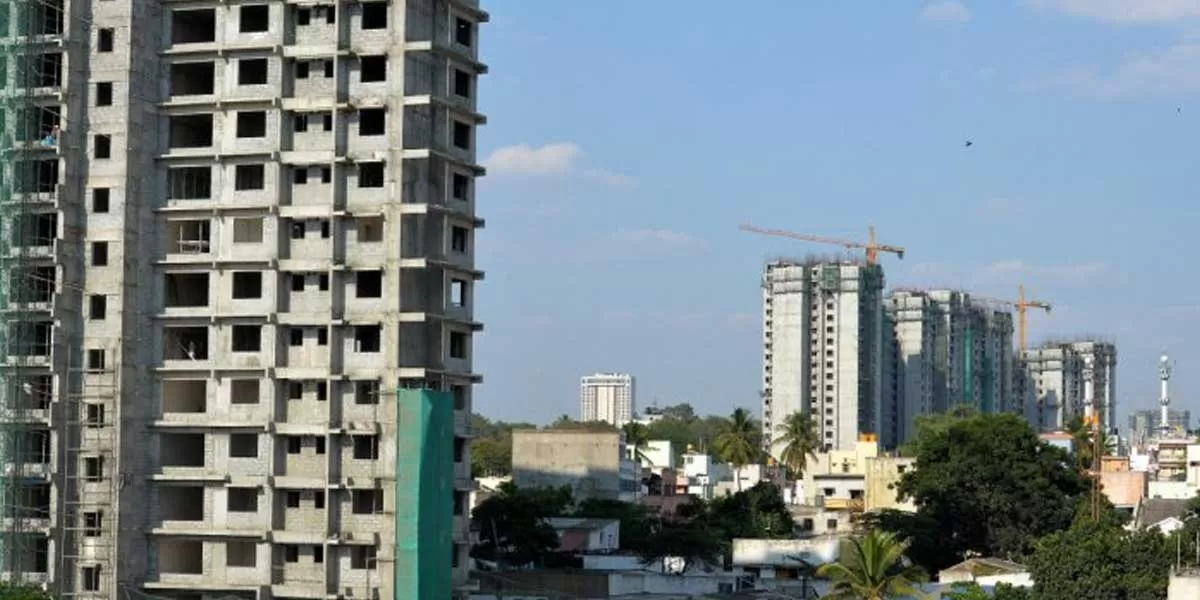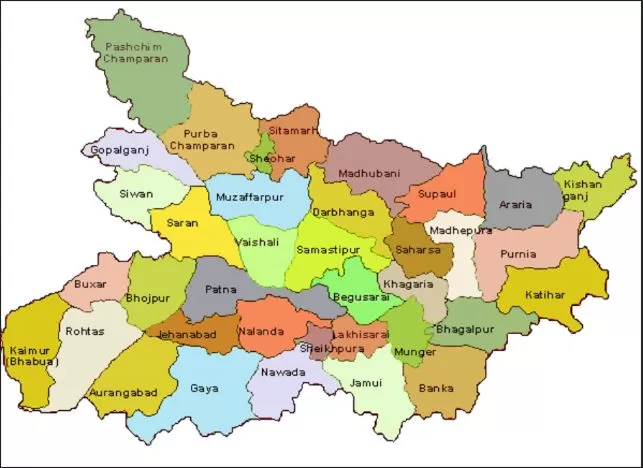

FM Unveils Major Initiatives for Bihar in 2025 Union Budget
In her eighth consecutive budget presentation in Parliament, Union Finance Minister Nirmala Sitharaman laid out a roadmap for achieving "Sabka Vikas" by ensuring inclusive growth across all regions of India. Emphasising the country’s strong economic trajectory, she highlighted India's position as the fastest-growing economy among major nations. Sitharaman underscored the government’s commitment to harnessing the potential of each region, especially as the nation heads into the next five years of growth opportunities.The finance minister also dedicated several key initiatives aimed at boost..

Budget 2025-26: Rs 1 lakh crore fund to transform cities
Union Finance Minister, Nirmala Sitharaman announced that the government will create a Rs 1 lakh crore Urban Challenge Fund aimed at transforming cities into growth hubs. The fund will finance 25 per cent of the cost of bankable projects, with an allocation of Rs 10,000 crore for 2025-26. The remaining 50 per cent will be funded through bonds, bank loans, and public-private partnerships (PPPs). “This is fuel the ongoing momentum in rebuilding urban infrastructure and will drive greater demand for real estate in the urban and semi urban areas,” said Vimal Nadar, Head of Research at Colliers..

Budget 2025-26: India’s startup ecosystem gets Rs 10,000 crore Fund of Funds
The Union Budget 2025-26 Announced a establishment of a new Fund of Funds with an additional ₹10,000 crore for startups that will provide significant benefits to India's entrepreneurial ecosystem.Calling it a significant step in strengthening India’s startup ecosystem, Vimal Nadar, Head of Research, Colliers India said, “This fresh infusion, combined with the existing government contribution, will provide much-needed capital support to fuel innovation, scale emerging ventures, and drive entrepreneurship across sectors. Additionally, the introduction of a dedicated scheme for 5 lakh first..















